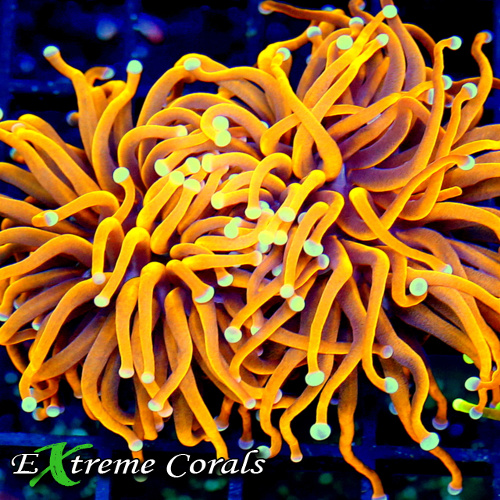Extreme Corals News and Updates
Must-Know Tips and Tricks for Effective Torch Coral Care
Dive into the vibrant world of torch coral care and learn how to keep these mesmerizing creatures thriving in your aquarium.
Explore the captivating world of torch coral care with this comprehensive guide, covering everything from lighting and water quality to feeding and troubleshooting common issues. Learn how to create the ideal environment for your torch corals to thrive, ensuring their health and vibrant coloration. Embrace the rewarding journey of maintaining these stunning corals and witness the marvels of the underwater world in your own aquarium sanctuary.
by scott Shiles • July 01, 2024
Understanding Torch Coral: An Overview
Torch corals are photosynthetic organisms that rely on light for energy production and maintaining their vibrant hues. They are known for their long, flowing tentacles that sway gracefully in the water, adding a dynamic and captivating element to any reef tank. Torch corals come in various colors, including green, gold, purple, and blue, each with unique patterns that make them highly sought after by reef enthusiasts.
Creating a suitable habitat for torch corals involves mimicking their natural environment as closely as possible. Providing adequate space, stable water parameters, and proper lighting are key factors in promoting the health and growth of these beautiful coral specimens. Pay attention to their placement, water parameters, and tank mates to ensure a harmonious environment for these delicate yet stunning creatures.
Choosing the Right Lighting for Your Torch Coral
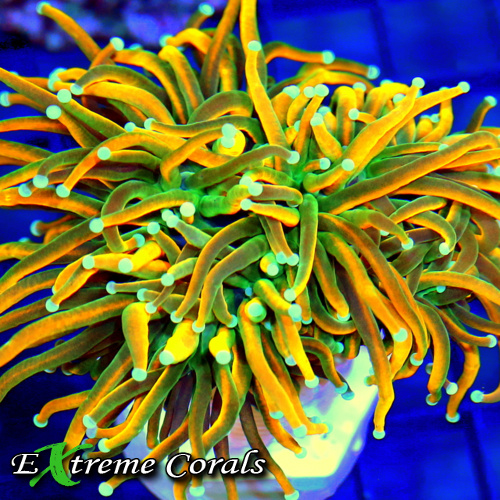
Lighting plays a crucial role in the growth and coloration of torch corals. These photosynthetic organisms rely on light for energy production and maintaining their vibrant hues. When selecting lighting for your aquarium, opt for LED fixtures that provide a full spectrum of light to support the photosynthetic needs of your torch corals.
Proper lighting intensity and duration are essential for the health of torch corals. Be mindful of the light cycle you create in your aquarium, ensuring that your corals receive the right balance of light and darkness. Adjust the lighting settings based on the specific requirements of your torch corals to prevent issues like bleaching or poor growth.
Maintaining Water Quality for Healthy Torch Corals
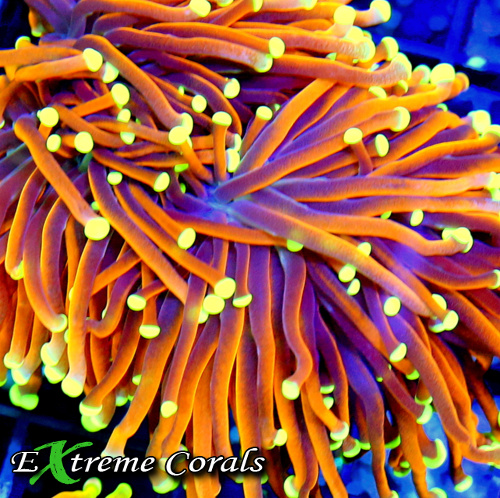
Maintaining pristine water quality is paramount for the well-being of torch corals. Regular water testing for parameters such as temperature, salinity, pH, and nutrient levels is essential to prevent stress and disease in these sensitive creatures. Invest in a quality filtration system to keep the water clean and free of impurities.
Water changes are also crucial in torch coral care to remove accumulated waste and replenish essential minerals in the aquarium. Aim for consistent water quality to provide a stable environment for your corals to thrive. Monitoring water quality parameters and making adjustments as needed will help ensure the long-term health of your torch corals.
Feeding and Nutrition Tips for Vibrant Torch Corals
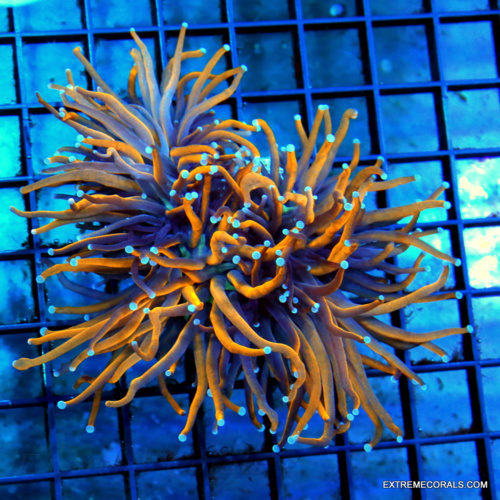
While torch corals obtain the majority of their nutrients through photosynthesis, supplementing their diet with small marine organisms can enhance their growth and coloration. Offer phytoplankton, zooplankton, or coral-specific foods to provide essential nutrients that may be lacking in a closed aquarium system.
Feed your torch corals sparingly but regularly to prevent nutrient imbalances and maintain water quality. Observing their feeding response and adjusting your feeding regimen accordingly will help ensure that your corals receive adequate nutrition to support their health and vitality.
Common Issues and Troubleshooting in Torch Coral Care
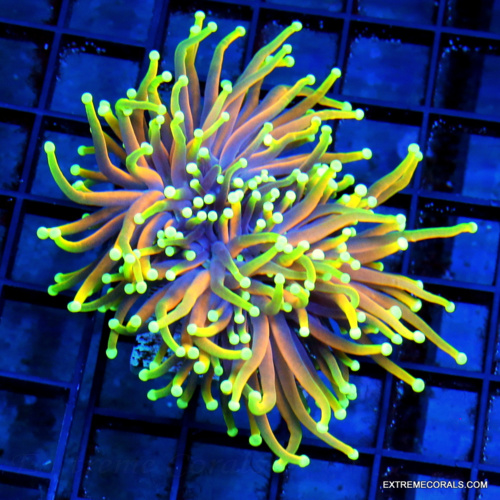
Despite your best efforts, you may encounter issues while caring for torch corals. Common problems include tissue recession, bleaching, and pest infestations. Stay vigilant for signs of distress such as color loss, tissue damage, or abnormal behavior to address potential issues promptly.
If problems arise, take immediate action to identify and remedy the underlying cause. Quarantine affected corals if necessary, adjust water parameters, and seek advice from experienced hobbyists or professionals to resolve the issue effectively. With patience and proper care, you can overcome challenges and ensure the well-being of your torch corals.
By following these essential tips for successful torch coral care, you'll create a thriving aquatic environment that showcases the beauty and grace of these stunning creatures. Embrace the rewarding journey of caring for torch corals and witness firsthand the marvels of the underwater world thriving in your own aquarium sanctuary.
Bringing It All Together
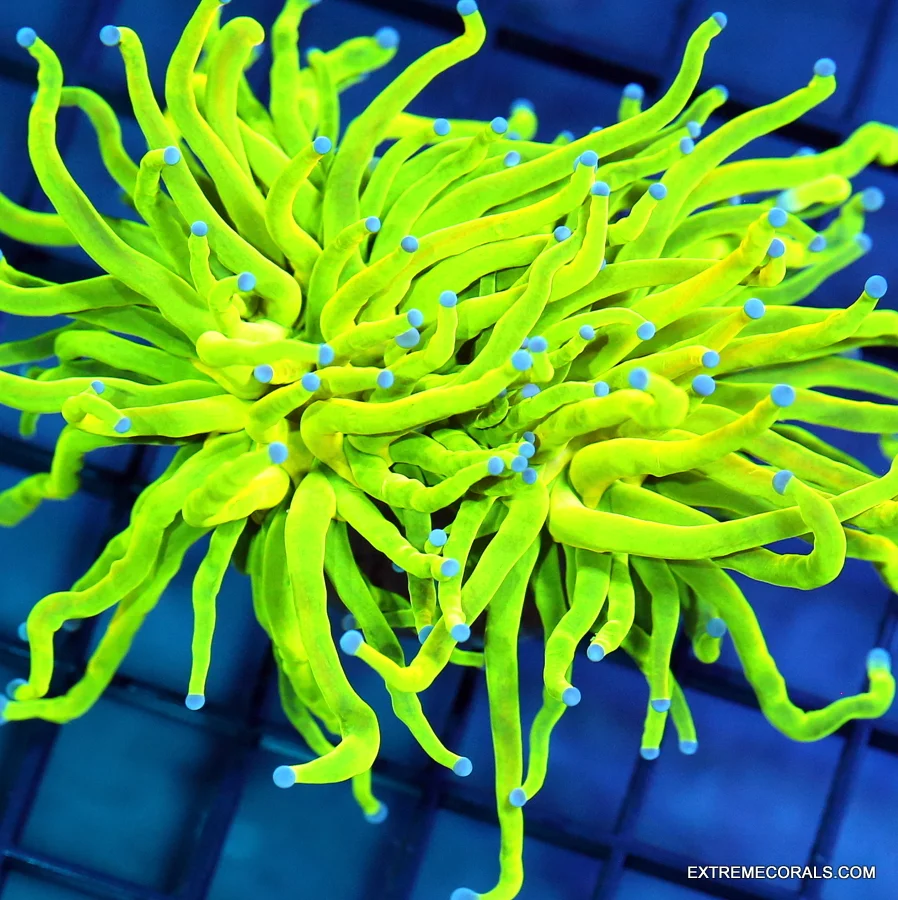
Torch corals are a stunning addition to any reef tank, offering vibrant colors and dynamic movement. Understanding their care requirements, including lighting, water quality, and feeding, is essential for maintaining their health and beauty. At Extreme Corals, we aim to provide you with the most unique corals in the hobby. LPS and SPS corals have different needs and functions within your reef tank, so it is important for beginners to review the differences before making a decision. We have the largest online selection of corals in the US, so you are guaranteed to find something awesome for your growing hobby. Check out our LPS corals and SPS corals pages today to find something spectacular for your tank!
With the right care and attention, torch corals can thrive and bring a mesmerizing beauty to your aquarium. By following the tips and tricks outlined in this guide, you can create a healthy and vibrant environment for your torch corals, ensuring they dazzle with health and beauty. Embrace the journey of caring for these captivating creatures and enjoy the marvels of the underwater world in your own home.

